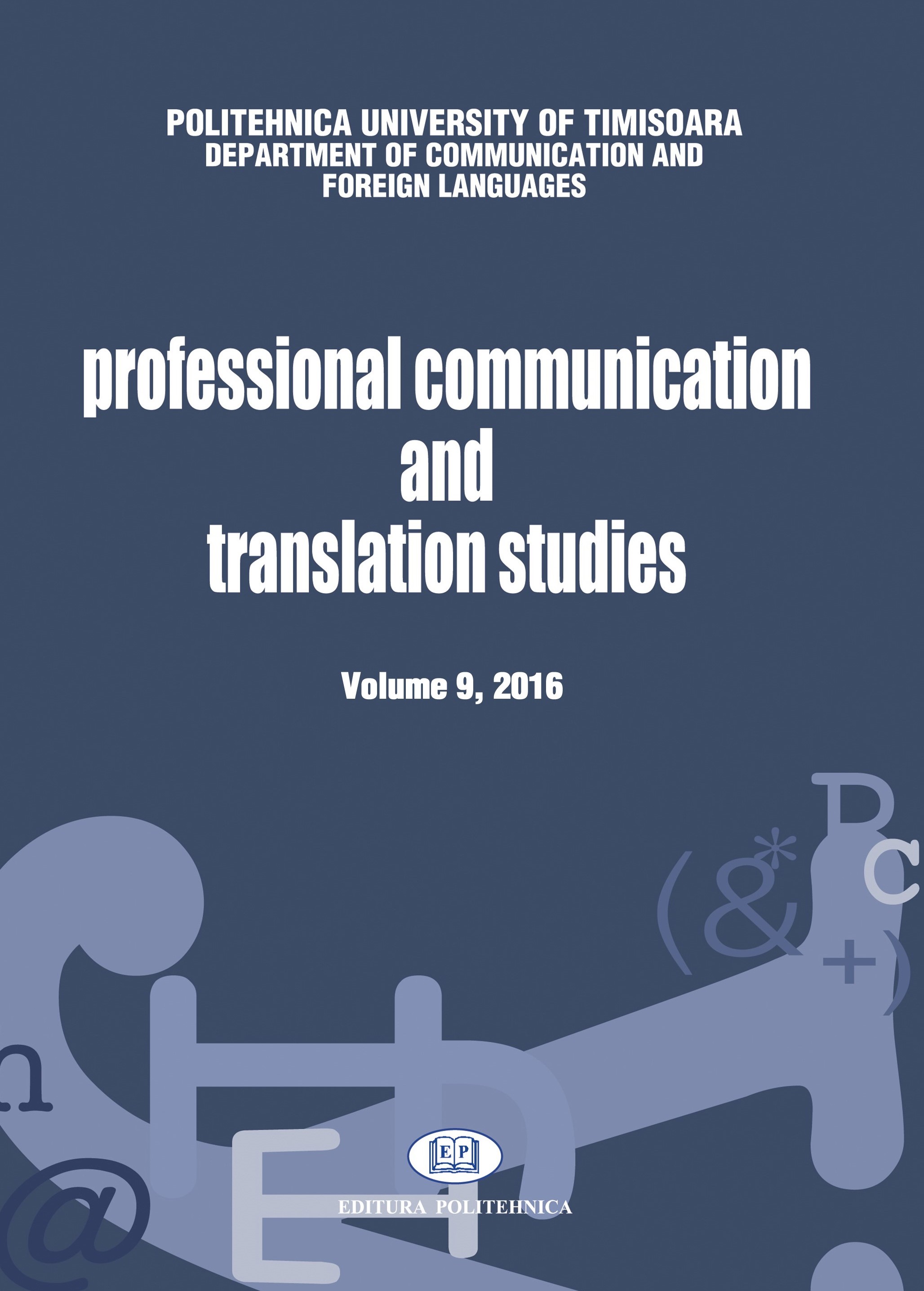THE CONCEPT OF NORM FROM THE PERSPECTIVE OF INTEGRAL LINGUISTICS
THE CONCEPT OF NORM FROM THE PERSPECTIVE OF INTEGRAL LINGUISTICS
Author(s): Nadia ObroceaSubject(s): Language and Literature Studies
Published by: Editura Politehnica
Keywords: Eugeniu Coșeriu, language, integral linguistics, norm, system, type, speech
Summary/Abstract: The concept of norm, developed by Eugeniu Coșeriu in 1952 as part of the trichotomy system, norm, speech, and later related to the notion of language type, was defined as a system of obligatory, common, normal actualizations and traditions of the language, which are not necessarily functional, and which vary from one community of speakers to another. In the view of the Tübingen linguist, within the same linguistic community and the same functional system more types of norms can be identified: the norm of the literary language, the norm of the vernacular, the norm of familiar language, the norm of formal language, the norm of vulgar language, etc. In what concerns norm, the Romanian linguist also makes another important distinction, namely that between social norm and individual norm. The present paper deals with linguistic norm, as it was theorized by Eugeniu Coșeriu, and then focuses on the norm of the Romanian language in particular. Considering the “architecture” of historical language, i.e. the internal differences of the language: diatopic, diastratic and diaphasic – also described and analyzed by Eugeniu Coșeriu – it will illustrate the division of the norm within the Romanian language.
Journal: Professional Communication and Translation Studies
- Issue Year: 2016
- Issue No: 9
- Page Range: 89-96
- Page Count: 8
- Language: English

